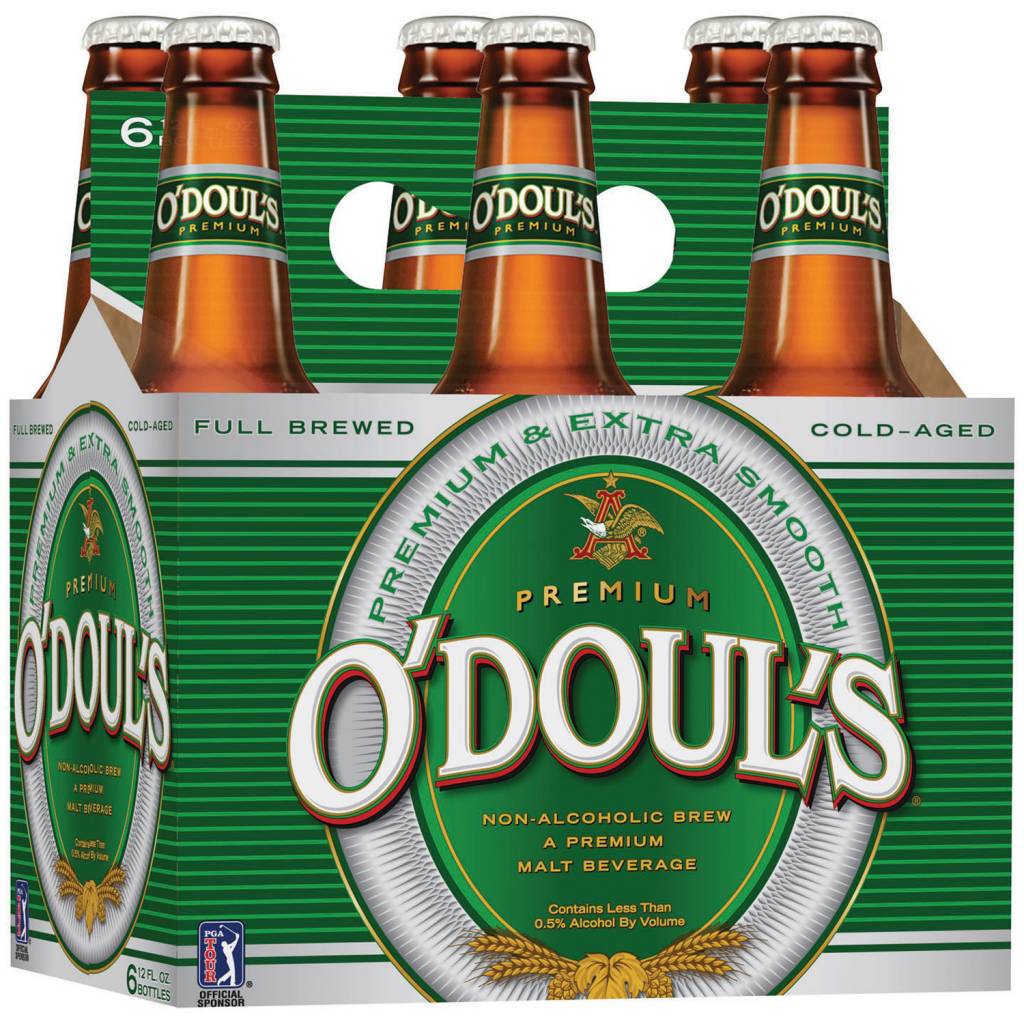O’Doul’s beer, a non-alcoholic beer, has been stirring up conversations and dividing opinions ever since it was introduced in the 1990s. While some praise the beer for its innovation and contribution to the non-alcoholic beer market, others criticize its taste, which doesn’t quite appeal to everyone. This article delves into the history of O’Doul’s beer, a pioneering beverage that continues to make its mark in the world of zero alcohol beer.
The Birth of O’Doul’s: Venturing into New Beer Horizons
In 1990, Anheuser-Busch, the brewing giant behind Budweiser, introduced O’Doul’s beer (O Douls Beer) to the market as an alternative to traditional alcoholic beers. Named after the legendary baseball player and beer connoisseur, Lefty O’Doul, the beer was created to offer an option for those who wanted to enjoy a beer-like experience without the alcohol. Using a unique brewing process that involves removing the alcohol after fermentation, O’Doul (O Doul Beer) retains the flavor and aroma of beer while being non-alcoholic.
Odouls non alcoholic beer alcohol content is less than 0.5% ABV, making it a non-alcoholic beverage.
The Struggles and Successes: Mixed Reception and Growing Popularity
Upon its release, O doul’s non alcoholic beer faced mixed reactions from the public. Many appreciated the efforts to create a non-alcoholic beverage, alternative to mainstream beers, while others were less impressed with the taste. Some argued that the beer lacked the complexity and depth of flavors found in traditional beers. This is however a common complaint with non-alcoholic beers. Despite these criticisms, O’Doul’s managed to carve out a niche in the alcohol free beer market and has steadily gained a loyal following.
Expanding the O’Doul’s Line: Adapting to Changing Tastes
In response to evolving consumer preferences, Anheuser-Busch introduced O’Doul’s Amber in 1997, a darker, richer version of the original beer. This new addition offered a more robust flavor profile that appealed to a wider range of beer enthusiasts. Over the years, the O’Doul’s brand has continued to adapt, with the introduction of limited edition variants and unique flavor profiles to cater to an ever-expanding market.
The Impact on the Non-Alcoholic Beer Industry: A Pioneering Legacy
Despite the controversies surrounding its taste, O’Doul’s (Odouls non alcoholic beer) undeniable contribution to the non-alcoholic beer industry cannot be overlooked. As one of the first non-alcoholic beers to hit the market, this beer paved the way for the now thriving industry, inspiring other brewers to explore the realm of non-alcoholic beer. Today, the non-alcoholic beer (O’Doul’s Non-Alcoholic Beer) sector continues to grow, offering a diverse range of options for consumers seeking alternatives to traditional alcoholic beverages.
Conclusion: The Lasting Legacy of O’Doul’s Beer
Though opinions on O’Doul’s beer may be divided, there’s no denying the impact this pioneering non-alcoholic beer has had on the industry. As the non-alcoholic beer market continues to evolve and expand, the beer brand remains a prominent player, offering consumers an alternative to traditional alcoholic beverages. The brand’s lasting legacy is a testament to its enduring ability to adapt, innovate, and challenge conventional beer norms.
While this is more of the history of this beer we recommend you to stay tuned for our O douls non alcoholic beer review
